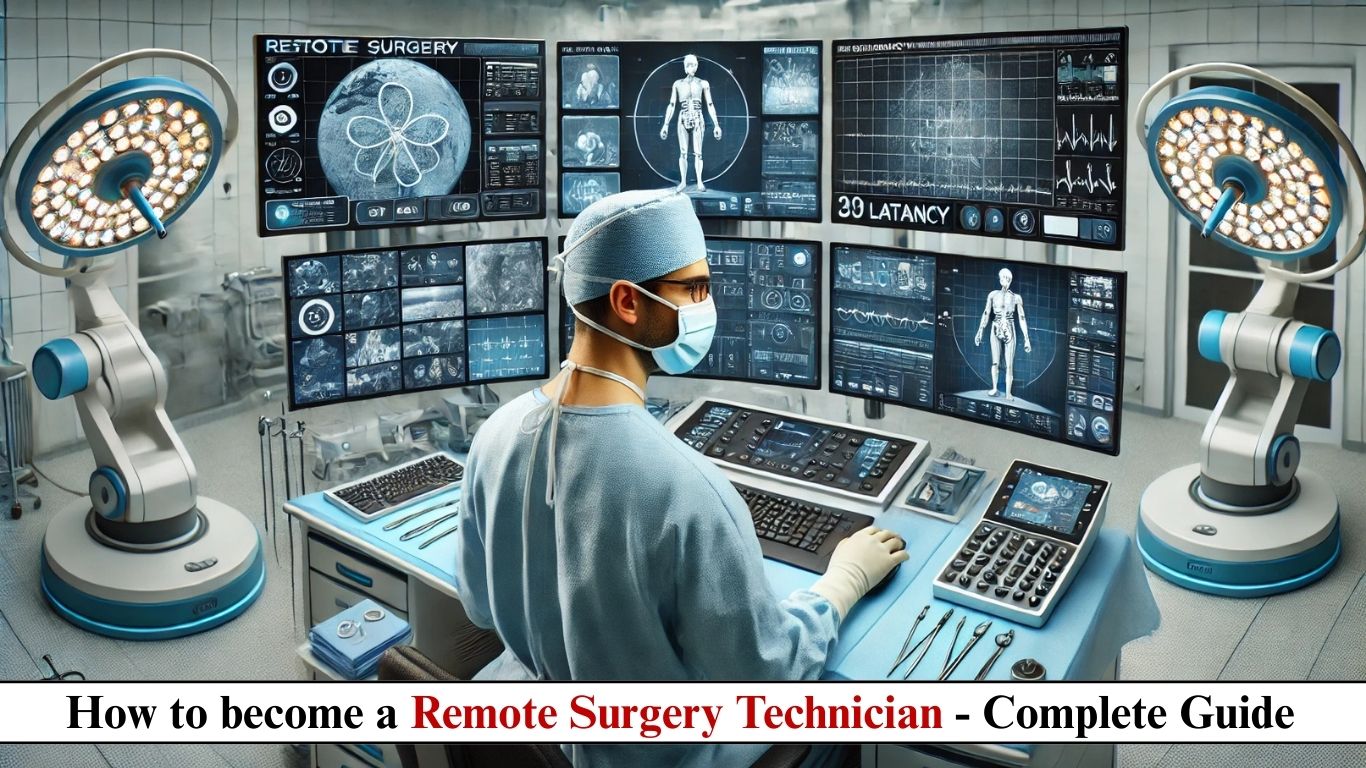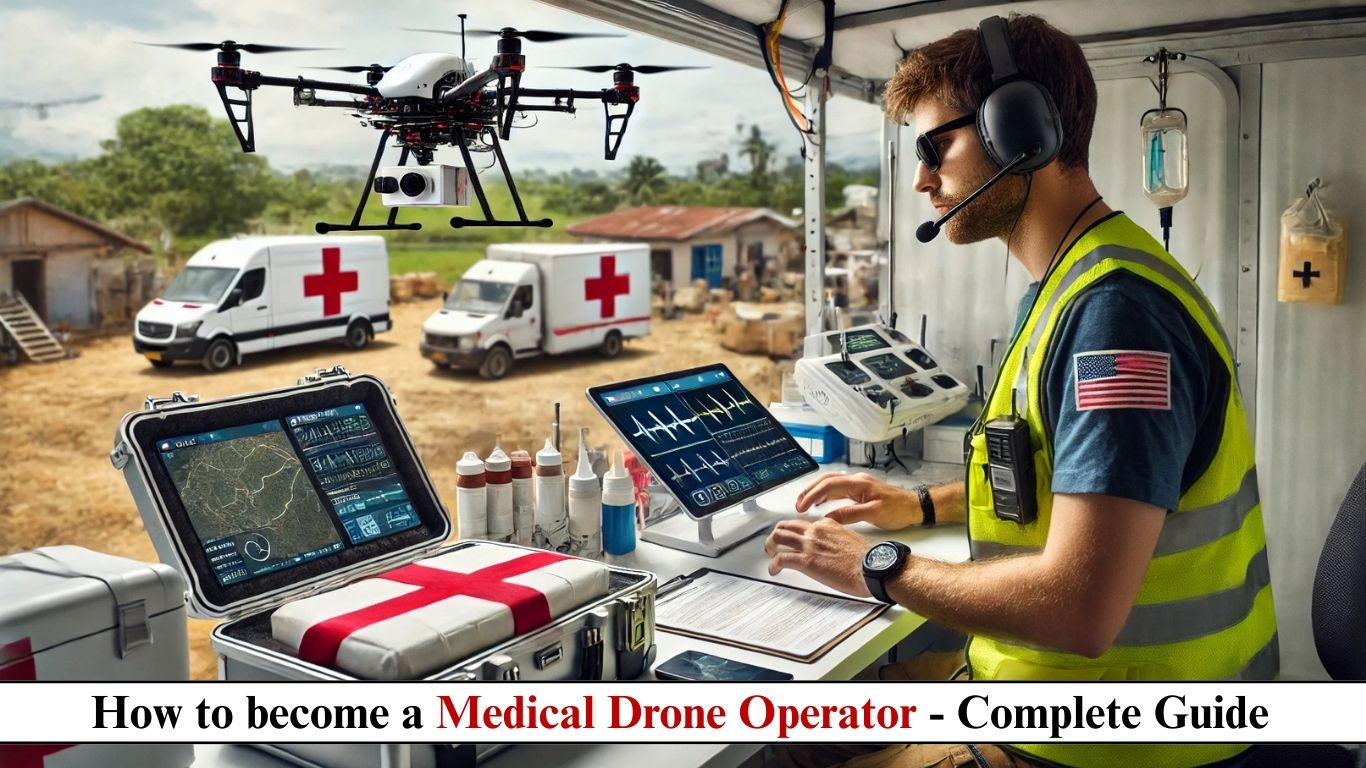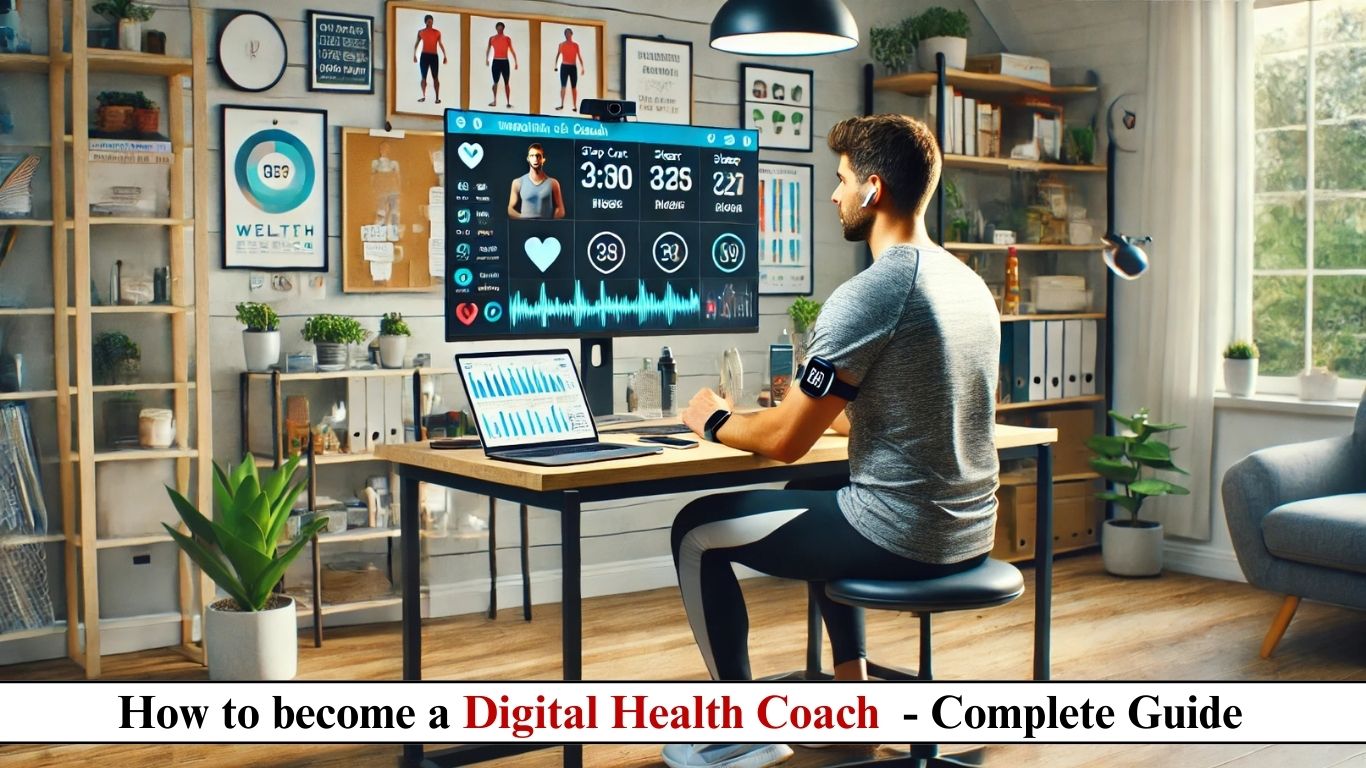
Introduction: The Vital Role of Healthcare Data Analysts
In today’s digital healthcare landscape, data is the new currency. Healthcare Data Analysts are the translators between raw medical data and actionable insights, helping hospitals, insurers, and pharma companies make life-saving decisions.
This career combines healthcare knowledge, statistics, and tech skills—perfect for those who love numbers with purpose. By 2025, the global healthcare analytics market is projected to reach $75 billion, making this one of the fastest-growing careers in healthcare.
History of Healthcare Data Analytics
Early Days (1960s-1990s)
- 1960s: First electronic health records (EHRs) emerged in hospitals.
- 1980s: Insurance companies began using claims data for cost analysis.
- 1996: HIPAA legislation mandated data privacy, shaping how health data is handled.
Digital Revolution (2000s-2010s)
- 2009: HITECH Act pushed EHR adoption in U.S. hospitals.
- 2010s: Machine learning entered healthcare (predicting patient risks).
- 2015: IBM Watson Health launched AI-driven diagnostics.
Modern Era (2020-Present)
- COVID-19 pandemic accelerated predictive analytics for ICU bed forecasting.
- Wearables & IoT (Apple Watch, Fitbit) created real-time patient data streams.
- Generative AI (like ChatGPT for medical coding) is now transforming the field.
What Does a Healthcare Data Analyst Do?
Core Responsibilities
- Clean & organize messy EHR/claims data (SQL, Python).
- Build dashboards (Tableau, Power BI) for hospital executives.
- Predict trends like patient readmissions or disease outbreaks.
- Ensure compliance with HIPAA/GDPR data privacy laws.
Industries Hiring Healthcare Data Analysts
| Industry | Example Projects |
|---|---|
| Hospitals | Reducing ER wait times via data modeling |
| Health Insurance | Detecting fraudulent claims |
| Pharma Companies | Optimizing clinical trial recruitment |
| Government | Tracking opioid crisis hotspots |
| Tech Startups | Developing AI diagnostic tools |
Salary & Job Outlook (2024)
Global Salary Ranges
| Country | Entry-Level | Mid-Career | Senior-Level |
|---|---|---|---|
| USA | $65,000 | $90,000 | $120,000+ |
| UK | £35,000 | £50,000 | £70,000+ |
| Canada | CAD 70,000 | CAD 85,000 | CAD 110,000+ |
| India | ₹6LPA | ₹12LPA | ₹20LPA+ |
Sources: Glassdoor, Payscale, AHIMA 2024 reports
Job Growth
- 18% projected growth (2022-2032) – Much faster than average (BLS).
- Top-demand skills: SQL, Python, Epic EHR systems, predictive modeling.
How to Become a Healthcare Data Analyst
Step 1: Education
- Bachelor’s Degree in:
✅ Public Health Informatics
✅ Statistics/Data Science
✅ Healthcare Administration
✅ Computer Science (with healthcare electives)
Pro Tip: Take courses in medical terminology and HIPAA compliance to stand out.
Step 2: Develop Technical Skills
| Skill | Tools to Learn | Use Case |
|---|---|---|
| Data Cleaning | SQL, Python (Pandas) | Fixing missing EHR entries |
| Visualization | Tableau, Power BI | ER admission trend dashboards |
| Statistical Models | R, SAS | Predicting patient readmissions |
| EHR Systems | Epic, Cerner | Extracting clinical data |
Step 3: Gain Experience
- Entry-Level Jobs:
- Health Data Coordinator
- Clinical Data Abstractor
- Internships:
- Hospital IT departments
- Health insurance analytics teams
Step 4: Get Certified (Optional but Recommended)
- Certified Health Data Analyst (CHDA) – AHIMA
- Google Data Analytics Certificate (with healthcare case studies)
- Epic Clarity Data Model Certification (for hospital EHR systems)
Future Trends (2025-2030)
1. AI & LLMs in Healthcare Data
- ChatGPT for coding: Automating ICD-10 medical coding.
- AI scribes: Turning doctor-patient convos into structured data.
2. Real-World Data (RWD) Analytics
- Using wearables/sensor data (e.g., glucose monitors) for research.
3. Blockchain for Health Data Security
- Preventing ransomware attacks on hospital databases.
4. Precision Medicine Analytics
- Matching genetic data to optimal treatments (pharmacogenomics).
Is This Career Right For You?
✅ Choose this if you:
- Enjoy finding patterns in complex data
- Want healthcare impact without clinical work
- Like blending tech + healthcare
❌ Avoid if you:
- Prefer patient-facing roles
- Dislike repetitive data cleaning
Breaking Into the Field: Action Plan
- Learn SQL (freeCodeCamp’s 4-hour tutorial)
- Do a healthcare dataset project (e.g., CDC COVID data on Kaggle)
- Network at events (HIMSS Conference, local health tech meetups)
- Apply for hybrid roles (e.g., “Population Health Analyst”)
Conclusion
Healthcare Data Analysts are the unsung heroes of modern medicine, turning data into better patient outcomes. With competitive salaries and explosive growth, now is the perfect time to enter this field.
Your next step? Pick one skill (like SQL or Tableau) and start practicing today!
Need curated resources? Ask in comments! 🚀













Post Comment